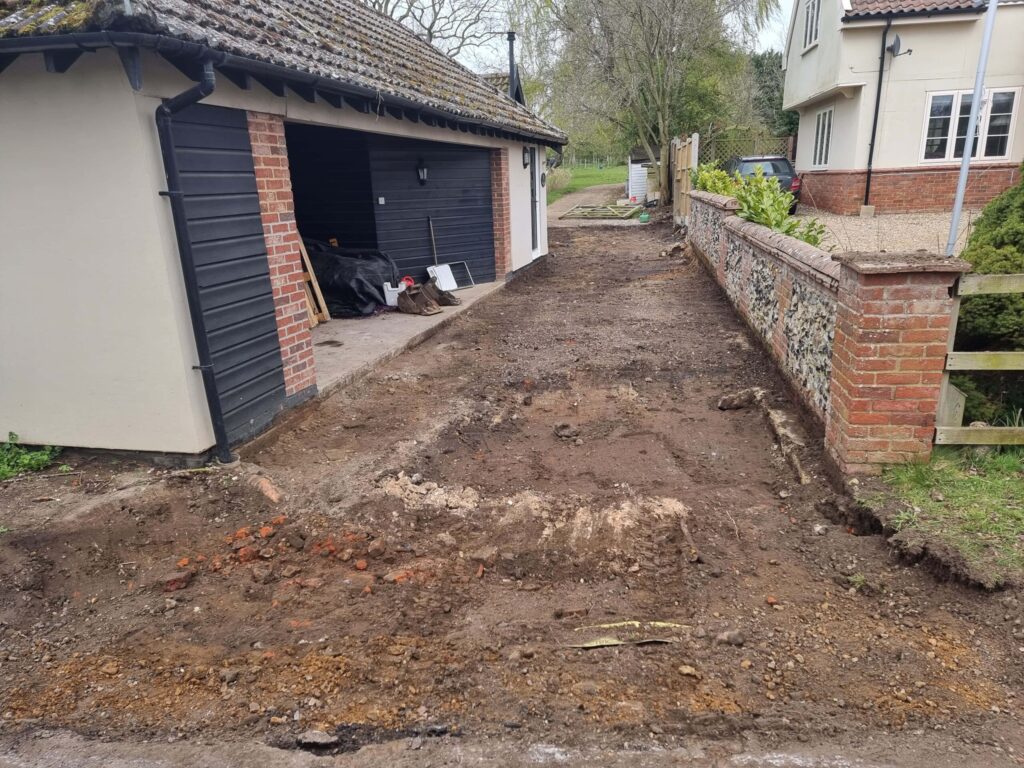The Lifespan of Commercial Block Paving and Factors Affecting It
Introduction: Block paving is a popular choice for commercial properties due to its durability, aesthetic appeal, and low maintenance requirements. However, like any other paving material, its lifespan can be influenced by various factors. At Resin Drives Tunbridge Wells, we understand the importance of choosing the right materials and maintaining them properly to ensure longevity. Here’s an in-depth look at the lifespan of commercial block paving and the key factors that affect it.
Understanding the Lifespan of Block Paving
Commercial block paving can last anywhere from 20 to 30 years, and in some cases even longer, depending on several factors. The quality of materials used influences the longevity of block paving, the installation process, and ongoing maintenance practices.
Factors Affecting the Lifespan of Block Paving
Quality of MaterialsThe quality of the blocks and the materials used in the subbase are crucial in determining the lifespan of your paving. High-quality blocks designed to withstand heavy traffic and adverse weather conditions will naturally last longer. Additionally, using a robust subbase material will provide a solid foundation, preventing subsidence and ensuring the blocks remain level over time.
Installation Process
Proper installation is essential for the durability of block paving. This includes adequate preparation of the sub-base, ensuring proper drainage, and using the correct laying techniques. Poor installation can lead to issues such as uneven surfaces, pooling water, and shifting blocks, which can significantly reduce the lifespan of the paving.
Traffic Load
The amount and type of traffic that the block paving is subjected to will also impact its longevity. Areas with heavy vehicle traffic or frequent use by heavy machinery will experience more wear and tear compared to areas with only pedestrian traffic. Ensuring that the paving is designed to handle the expected load can prevent premature damage.
Maintenance Practices
Regular maintenance is key to extending the life of block paving. This includes routine cleaning to remove debris and prevent the growth of weeds and moss, as well as periodic re-sanding to maintain the stability of the blocks. Addressing minor issues promptly, such as replacing damaged blocks or fixing drainage problems, can prevent them from developing into larger, more costly repairs.
Environmental Conditions
The local climate and environmental conditions play a significant role in the durability of block paving. In areas with extreme weather conditions, such as heavy rainfall, freezing temperatures, or intense heat, the paving may experience more stress. Using materials that are designed to withstand these conditions and implementing proper drainage solutions can help mitigate their impact.
Design and Layout
The design and layout of the block paving can also influence its lifespan. Patterns that distribute weight evenly and designs that facilitate proper drainage can enhance the durability of the paving. Additionally, ensuring that the paving has sufficient expansion joints can accommodate natural movements caused by temperature changes, reducing the risk of cracking.
Usage Patterns
How the paved area is used can affect its longevity. For example, commercial areas with high foot traffic, such as shopping centres or public squares, will require more frequent maintenance compared to areas with occasional use. Understanding the specific needs of the area and planning accordingly can help maintain the paving in good condition.
Enhancing the Lifespan of Block Paving
To maximise the lifespan of your commercial block paving, consider the following tips:
- Choose High-Quality Materials: Invest in high-quality blocks and sub-base materials that are suited to your specific needs.
- Professional Installation: Hire experienced professionals for the installation to ensure proper techniques are used.
- Regular Maintenance: Implement a regular maintenance schedule that includes cleaning, re-sanding, and addressing any issues promptly.
- Proper Drainage: Ensure that the paving has adequate drainage to prevent water accumulation and related damage.
- Design Considerations: Plan the layout and design to distribute weight evenly and accommodate environmental factors.
Conclusion: The lifespan of commercial block paving is influenced by a variety of factors, from the quality of materials and installation to maintenance practices and environmental conditions. By understanding these factors and taking proactive measures, you can ensure that your block paving remains in excellent condition for many years.
Call us on: 01892 481881
Click here to find out more about Resin Drives Tunbridge Wells
Click here to complete our contact form and see how we can help you with your driveway needs.

